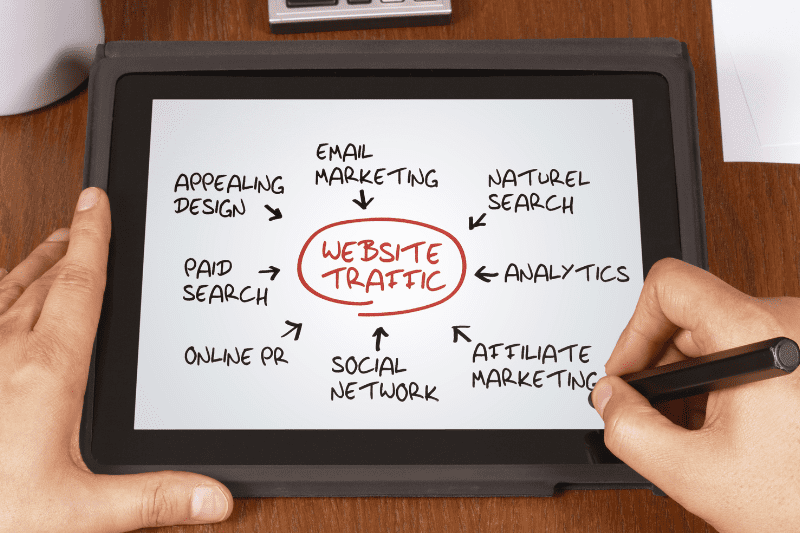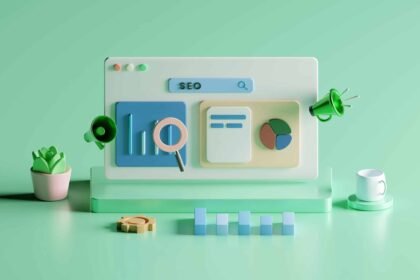Is there any difference between paid and organic search in SEO? The practice of attracting visits via unpaid, editorial, or natural search results in search engines is called “search engine optimization,” or SEO. It aims to improve your website’s ranking in search results pages. Remember that a website will receive more visitors the higher it is ranked on the list.
An SEO agencies focuses in helping companies raise their search engine rankings in search engines. You must understand the differences between paid and organic search, natural search, also referred to as SEO.
There are some differences between paid and organic search, including:
-
Position
Paid search results are shown at the top of search engine results pages, and organic results are shown below them.
-
Time
Another crucial distinction between sponsored and organic search is time. Results from paid search can occasionally be received in as short as a few minutes, in contrast to results from organic search, which might take weeks, months, or even years to show. You must therefore play the medium- to long-term game when it comes to organic search.
-
Payment
As the name suggests, paid search traffic is compensated financially. Based on the cost per click, you get charged for each click (PPC) (CPC). This suggests that you are charged each time a user clicks on your ads.
As a result, as opposed to relying on organic traffic to your website, you buy traffic for your page by paying Google to show your advertisement when a visitor searches for your keyword. Traffic from organic search is free, but it does require a time and resource investment.
-
ROI
The return on investment, or ROI, may be determined much more easily when employing paid search. Google provides additional keyword data that Google Analytics can gather, which helps explain why.
However, over time, the ROI of paid search may become stagnant or even decline. ROI for organic search is little more challenging to measure, but it often improves over time. Over time, organic search can offer a very good return on investment.
-
Some of the traffic
When it comes to traffic sharing, 20% to 30% of searchers click on paid results, while 70% to 80% of searchers click on SEO results. The majority of clicks go to organic results as a result.
There are similarities and contrasts between paid and organic search, including:
(a) Keyword research: Users must enter keywords for both sponsored and organic searches on search engines. As a result, you need to research keywords for both paid and organic search.
(b) Landing pages: Both types of searches require landing pages, which you must create. For SEO purposes, the landing page needs to link back to your website. You may use the exact same landing page for sponsored search as you do for organic search, or it may be something entirely different.
(c) Traffic: Creating traffic is the goal of both sponsored and organic search. Most importantly, both sponsored and organic search traffic includes user intent. In other words, someone who conducts a search or asks a question on Google is acting proactively, making them more likely to act on the information they find.
Conclusion
So, we have now discussed the distinctions and similarities between paid and organic search. Follow our website for more interesting topics.








